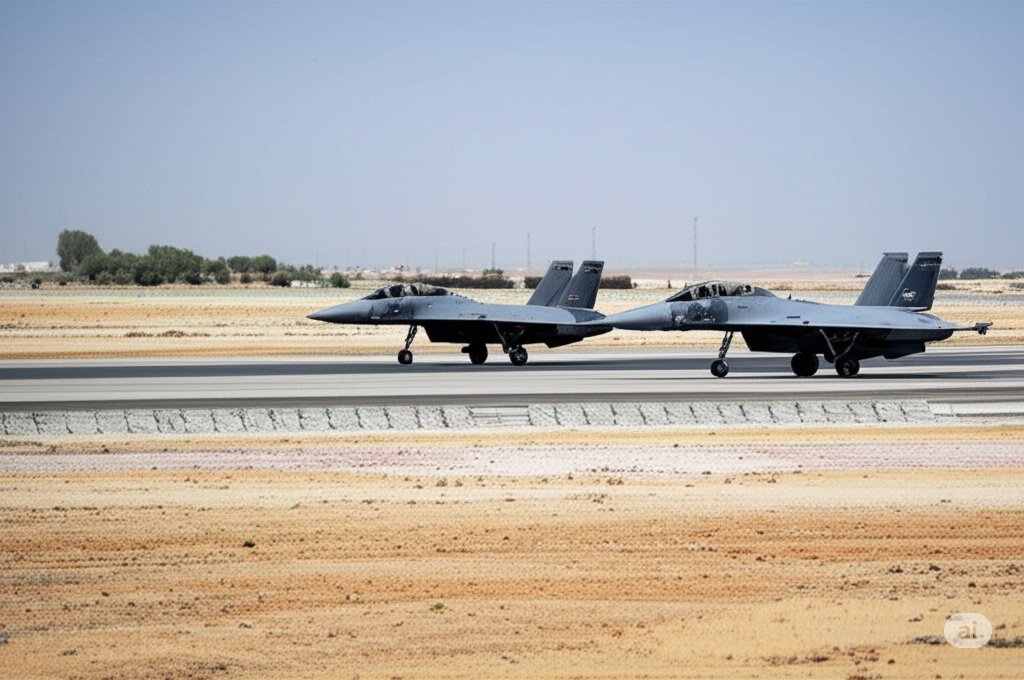Recent signals suggest a potential shift in US foreign policy towards Iran, with the possibility of joint military action alongside Israel. What could this mean for the region and the US?
The political landscape in the Middle East is rarely static, and recent rumblings have once again put Iran in the spotlight. Hints of a potential alliance between the United States and Israel, possibly involving military action against Iran, have started to surface, raising questions about the future stability of the region. While no concrete plans have been announced, even the suggestion of such a collaboration warrants a closer look at what it could entail and what the implications might be for the United States.
The Evolving Dynamics
For years, the relationship between the US and Iran has been fraught with tension. From nuclear ambitions to regional influence, numerous points of contention have kept the two nations at odds. Simultaneously, the strong alliance between the US and Israel has been a cornerstone of American foreign policy in the Middle East. The idea of these two allies potentially coordinating military action against Iran introduces a new and complex dimension to this already intricate situation.
Signals and Statements
Recent statements, though perhaps not explicit endorsements of military action, have fueled speculation. Suggestions that Iran could be an “easy target,” while potentially rhetorical, can be interpreted as a shift in tone and a possible openness to more assertive strategies. It’s crucial to remember that political messaging can be nuanced, but these kinds of pronouncements often carry weight and can signal potential future directions in policy.
Potential Implications for the US
The prospect of the US engaging in military action in Iran, even in concert with Israel, carries significant implications for the United States:
- Regional Stability: Military intervention in Iran could further destabilize an already volatile region. This could have ripple effects on global energy markets and potentially lead to broader conflicts.
- Economic Impact: Military engagements are costly, and any action against Iran could have significant economic consequences for the US, both in terms of direct military spending and potential disruptions to global trade.
- Diplomatic Ramifications: Such a move could strain relationships with other global powers and complicate ongoing diplomatic efforts in the region.
- Domestic Considerations: Public opinion within the US regarding further military involvement in the Middle East is divided. Any decision to engage in military action would likely spark significant debate and scrutiny at home.
Navigating a Complex Future
The situation remains fluid, and it’s important to avoid definitive conclusions based on preliminary signals. However, the possibility of closer US-Israel coordination regarding Iran is a development that policymakers and the public alike should monitor closely. Understanding the potential ramifications – both intended and unintended – is crucial for navigating the complex future of US foreign policy in the Middle East. The decisions made in the coming period could have lasting consequences for the region and for the United States’ role in the world.











